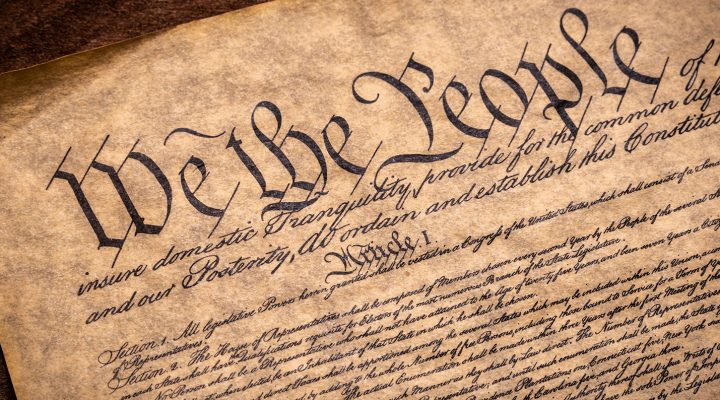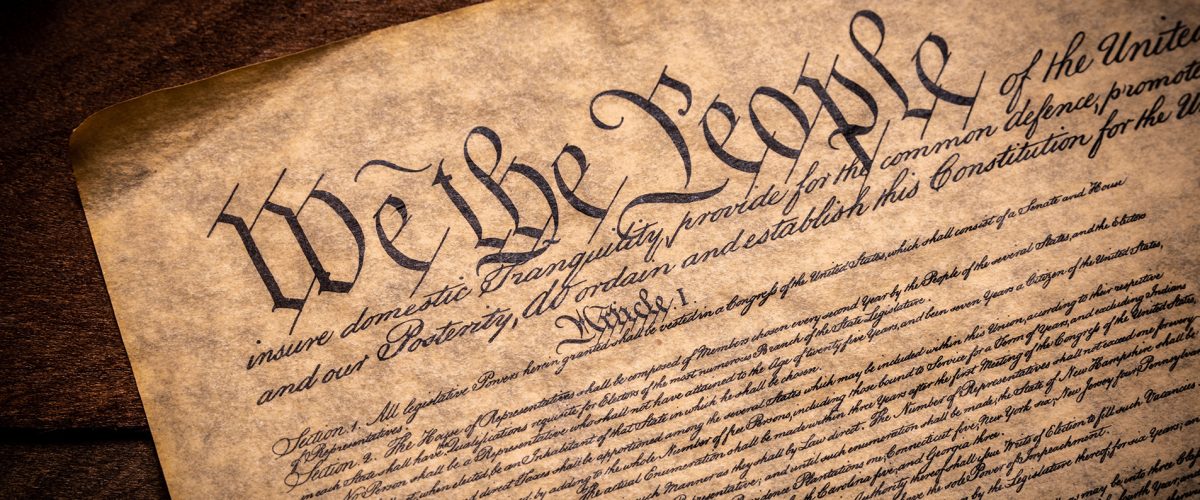Last week, I was driving along a Texas highway in Paige, a rural town with a population of 278, when I saw a sign as foreign to me as UFOs and aliens. The billboard read, “Protect Women’s Rights! Vote Blue November 5!”
Holy moly! I almost wrecked the car because I was so shocked to see a message of affirmation for women and reproductive rights in a state that has been so draconian in the past five years. For a brief moment, I suddenly felt lighter as if we weren’t becoming the 2024 docuseries of the Handmaid’s Tale.
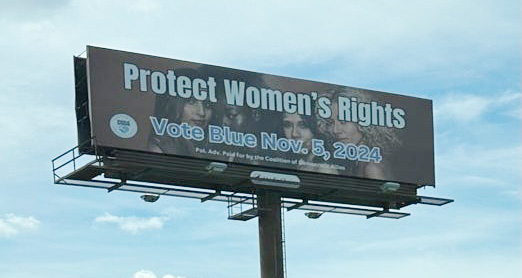
When I searched the organization that developed this billboard, I was pleasantly surprised to learn it was a group of neighbors in rural Texas, who were fed up with the anti-woman messages in Texas. They wanted to send the message that there are women for reproductive rights in Texas and they vote.
As I have reflected on that sign, I realize how beaten down many of us have felt, we who disagree with the hateful state legislation as well as a mean-spirited presidential campaign that developed Project 2025. So many of us have constantly felt like democracy is slipping through our fingers at the cost of our own bodies and rights. Seeing this message in an area where big trucks have been known to cut me off because I drive an electric car, I felt —excited? Joyful? Empowered? Hopeful? Ready to fight like hell for our democracy? Yes, yes, yes, yes and yes!
My husband and I, like many Americans, have been talking about the difference between the 2024 presidential candidates: one an optimist whose strategy is to honor our differences while encouraging the possible within ourselves and our neighbors, and the other a narcissistic pessimist whose strategy is to negate those who do not look, think, live, pray or vote like he does with fear, hatred and the most vile statements no leader should ever utter about another person.
And so we decided to look at the adjectives both candidates used in recent rallies to compare the tone and strategy of each candidate by the words they used. Since my husband is the connoisseur of all things Chat GPT, he requested the following chart of the top 10 adjectives used by each candidate in their recent rally speeches:
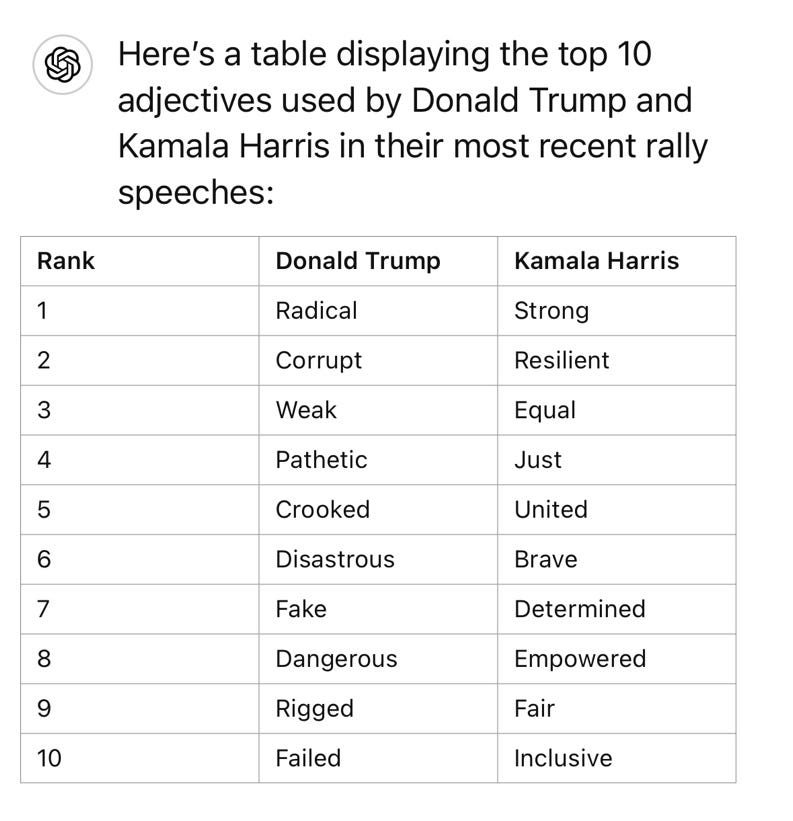
How about them apples? One candidate’s rally-speech adjectives imbue vision, inclusivity and community. The other candidate’s rally-speech adjectives imbue negativity, alpha male energy and, to be honest, white supremacy.
I know all political candidates create messages that may or may not be completely realistic. The importance of the above adjectives and their overall campaign messages in this presidential election is they tell us a lot about the direction of our democracy. Do we want the principles of our country to be based in fear, hatred and white supremacy or in vision, hope and empowerment? Just as James Carville famously said in 1992, “It’s the economy, stupid,” I believe in 2024, “It’s the democracy, neighbor!”
On a recent political show, New York Times Editor Mara Gay succinctly summarized the energy and excitement we witnessed at the first Harris/Walz rallies as about more than the candidates themselves. She said: “We’re seeing pro-democracy rallies. This is a pro-democracy movement that seems to have spread like wildfire. The energy was already there and now there is finally a team to lead that movement.”
Yes! This is a pro-democracy movement. That’s why we immediately saw so many groups of people meet on Zoom to unite and strategize together: Black women, Black men, white women, LGBTQ folx, Latinas, white dudes, veterans, Republicans and GenZ young people. All you have to do is look at the Kamala is Brat meme GenZ influencers created to see the energy is different.
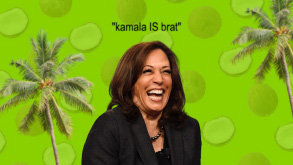
It’s not just about the candidate, Vice President Harris. It’s about the democracy so many people seek to create. This energy comes from living through nine years of polarization, hateful legislation and disrespect of so many of us who are deemed “other” by those who want to frame democracy through the lens of white supremacy.
That takes me back to what I felt when I saw the positive billboard about women. Before that moment, my hope had been chipping away as quickly as my reproductive rights to my own body. Now, because of a courageous group of ordinary citizens in rural Texas, I feel like there’s hope and I’m not alone.
One reason this moment stands out as distinctive to Barack Obama’s 2008 campaign is that so many diverse identity groups began to meet separately. Perhaps this is because of seminal moments in our democracy such as the Black Lives Matter movement in 2020 and the Women’s March in 2021. We learned how to fight in the midst of truly scary moments of our democracy and whites learned the necessity of doing our internal anti-racism work. Now, it seems as if these diverse identity groups have found ways to meet, do their work and then return to the fold of the larger campaign. All without competing or undermining fellow identity groups.
A recent Time article states: “Coalition requires acknowledging that there are very real differences, but that those differences matter less than working together to make gains that benefit people far beyond one’s family and friends. Groups that operate in solidarity with groups that are undeniably different are taking steps that run counter to what American culture encourages and are operating in ways that will ultimately make the United States less hostile for more people.”
I find this energy of coalition-building fascinating in this moment because it feels organic (not planned and scheduled by the Harris/Walz team). It also feels authentic to the values of our democracy we hold up to ourselves and others about who we are as a nation. We are willing to acknowledge our differences and build coalition together to strength our communities and nation.
As an ordained minister, this pro-democracy movement also feels organic to what the prophets and Jesus were all about: honoring who God has created us to be individually while working together to serve the community in healing and wholistic ways. As Gov. Walz said, “We don’t have the Ten Commandments posted in our classrooms, but we have free breakfast and lunch.”
I am not naïve enough to think Vice President Harris will bring us to the Promised Land of a more fully realized democracy. I am hopeful enough to believe these coalitions of people, as diverse as our great country, have the potential to create our visionary Promised Land of democracy here and now because … it’s the democracy, neighbor.
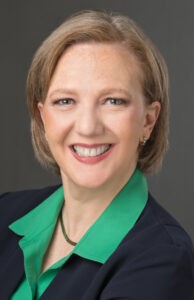
Ginny Brown Daniel
Ginny Brown Daniel is an ordained minister who is a keynote speaker and writes on faith and politics in Texas. Visit her website at www.ginnybd.com.
Related articles:
Donald Trump’s smear of Kamala Harris’ race is what people like me experience | Opinion by Maina Mwaura
‘Christians for Kamala’ reaches 40,000 people
MAGA evangelicals cast aspersions on new Evangelicals for Harris group

